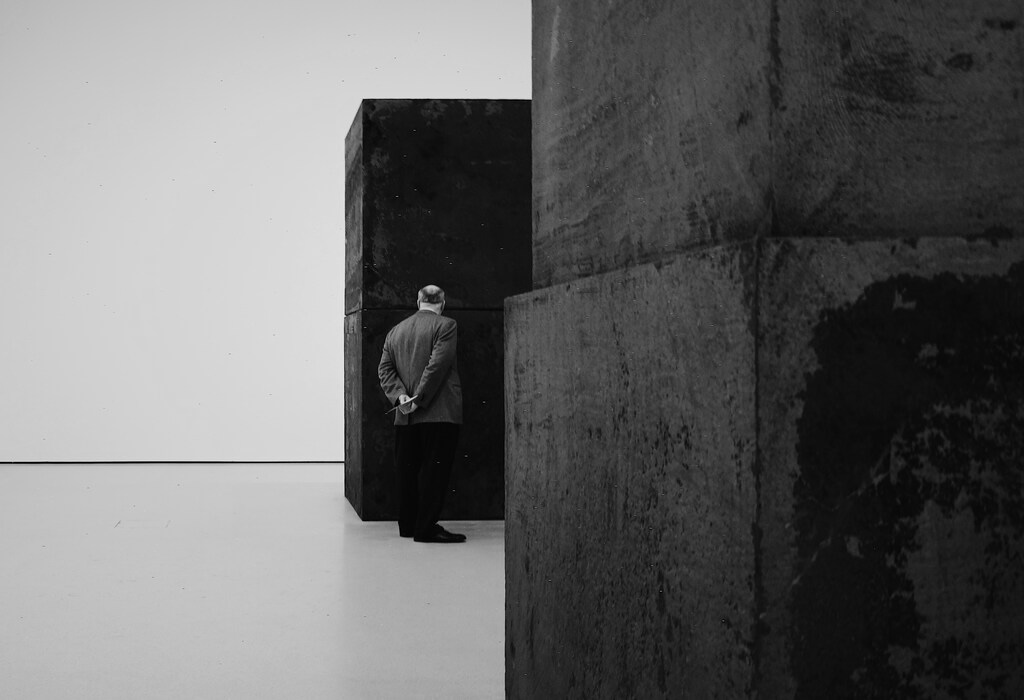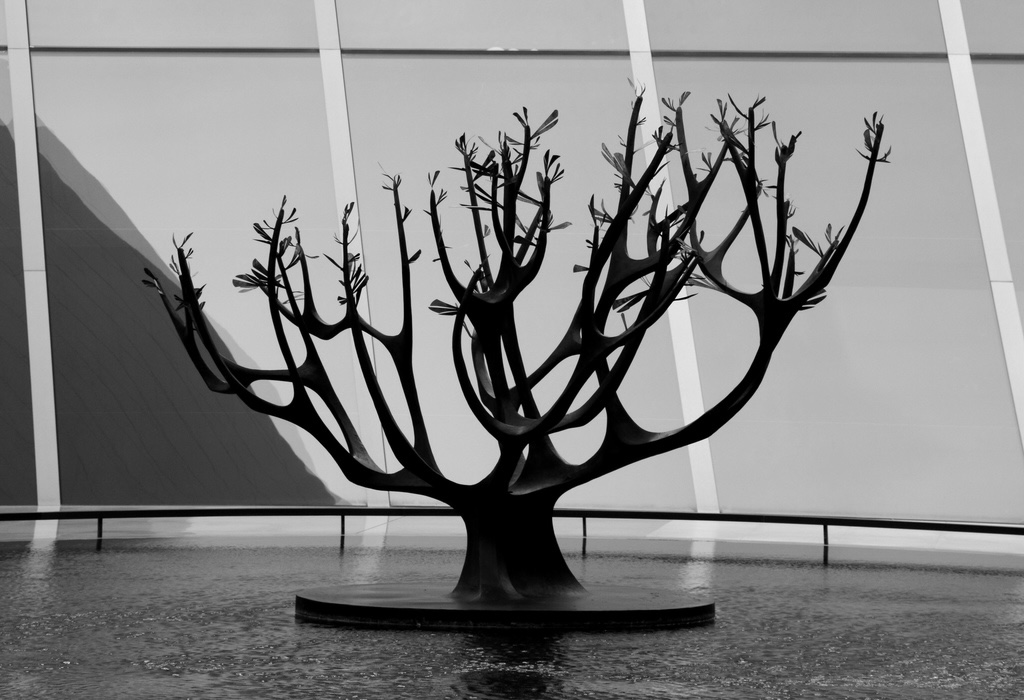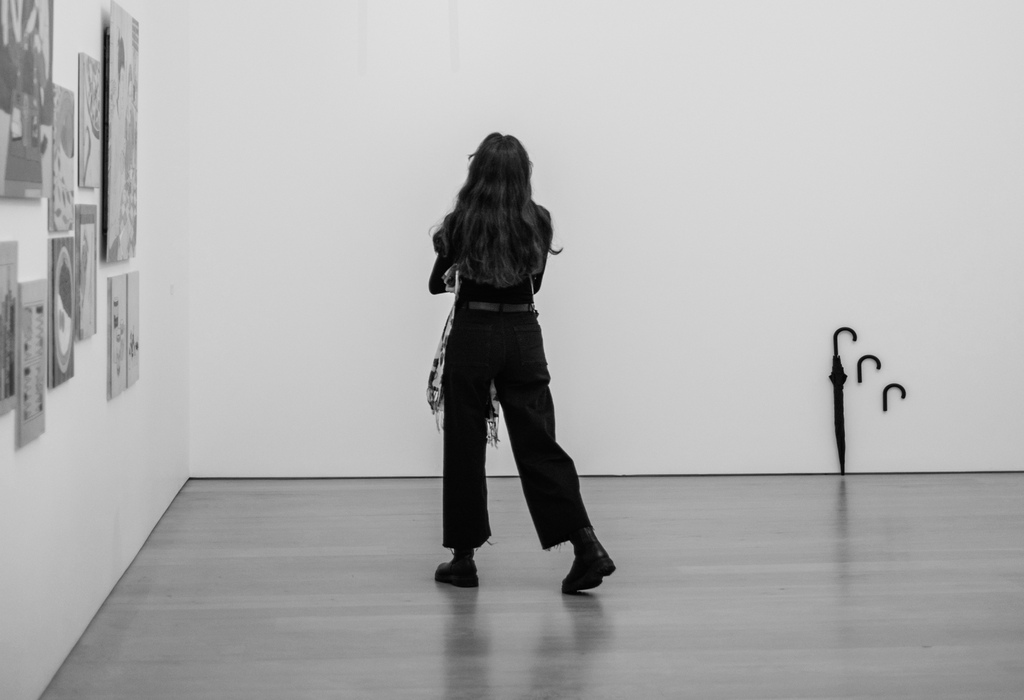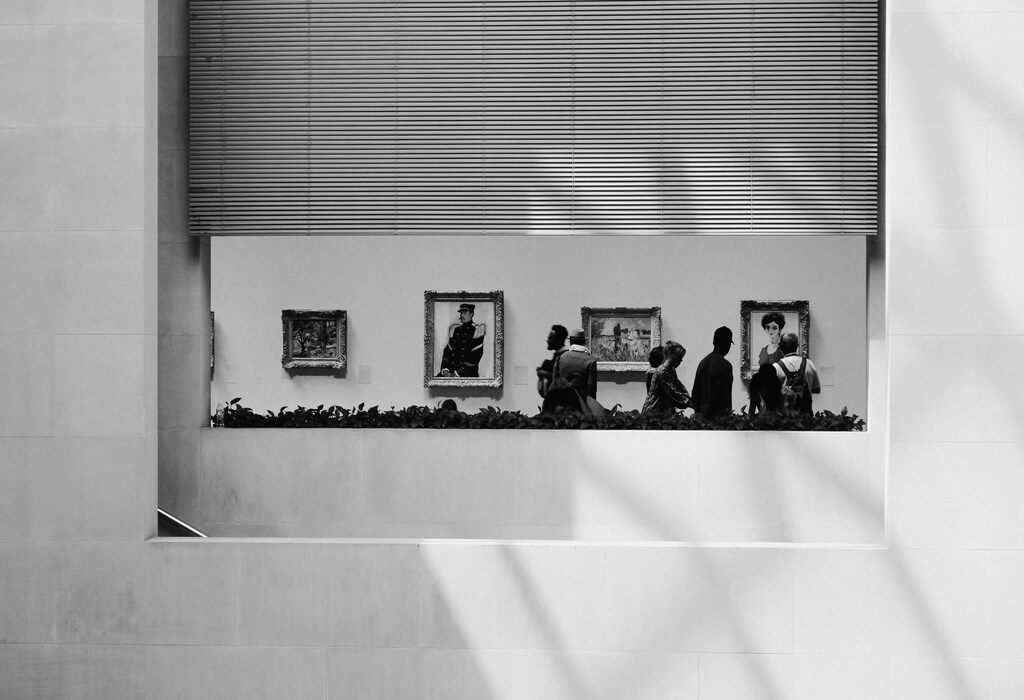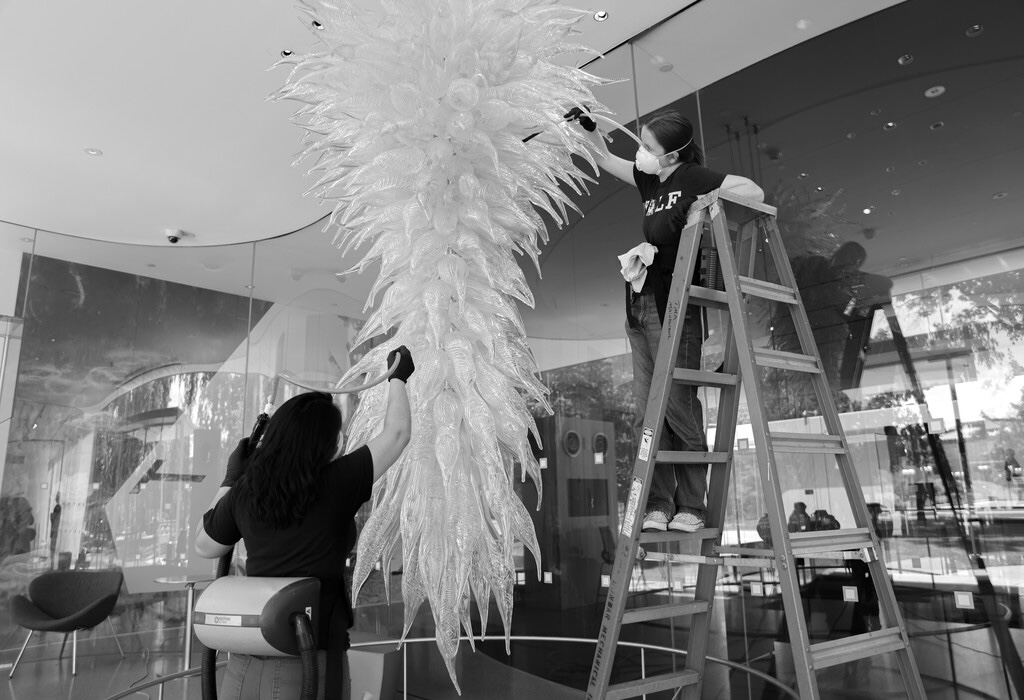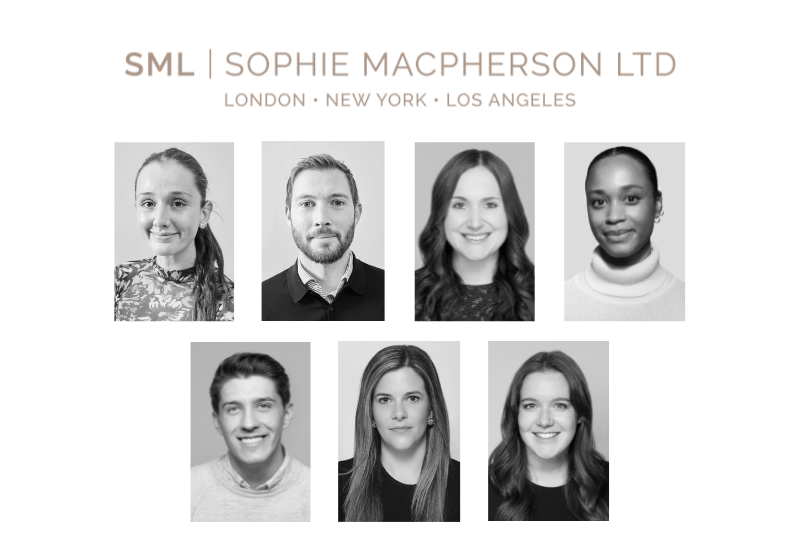How to Ace your Job Interview: A Guide for Early-Career Art Professionals
Entering the art world workforce is exciting, but it can also feel daunting, especially when it comes to interviews. Many early-career candidates we meet are passionate and talented, but some feel underprepared when it’s time to sit down with a potential employer. Whether your interview is over the phone, on Zoom, or in-person, preparation and professionalism will always help you stand out.
Here’s some practical advice to help you feel confident and ready.
Do Your Research
Before any interview, take the time to understand the organisation you’re meeting with.
- Know their mission – Be ready to talk about what excites you about their work and why you want to be a part of it.
- Look at recent news or exhibitions – If you’re interviewing with a gallery, familiarise yourself with their current exhibitions and artist roster. If your interview is with an auction house, reviewing their recent sales or upcoming highlights is a great way to be ready with talking points.
- Match yourself to the role – Study the job description and think about how your skills connect to the responsibilities and qualifications they’re looking for.
Be Ready for Common Questions
While every interview and interviewer is a bit different, some questions come up again and again:
- Tell us about yourself.
- Why are you interested in working here?
- Can you share an example of a challenge you’ve faced and how you handled it?
Think through your answers in advance. You don’t need to memorise them, but practicing aloud will help you sound polished and confident.
Present Yourself Professionally on Phone and Video Interviews
First impressions matter, even if you’re not in the room with your interviewer.
- Always interview from a quiet space where you won’t be interrupted. Never take interviews from your car or the street.
- Check in advance that your technology is working to avoid issues with cameras, microphones, and internet connection during your interview.
- Dress as if your interview is in-person, even when it’s a Zoom call.
- Use notes wisely – keep them nearby for reference, but don’t read from them directly.
- Treat phone screens and video calls with the same seriousness as a face-to-face meeting. These first impressions influence whether you are taken further in the process.
Making a Strong Impression In-Person
In-person interviews may feel less familiar for candidates who graduated during COVID when distance learning and Zoom calls were the norm. A few tips for success:
- Aim to arrive a bit early – 10 minutes is ideal, building in a buffer for delays.
- Dress appropriately – The art world tends to be stylish but professional. Opt for clean, polished attire (smart casual leaning professional). When in doubt, it’s better to be slightly overdressed than too casual.
- Be mindful of your body language – A firm handshake, sitting upright, making eye contact, and listening attentively all show engagement.
- Bring a small notebook – It signals professionalism and allows you to jot down key points or have pre-written questions at hand to refer to at the end of the interview.

Demonstrating Enthusiasm and Curiosity
Employers want to see genuine interest in both the role and their culture. Ask thoughtful questions such as:
- What are the most immediate priorities for this position?
- What does success in this role look like in the first year?
- What qualities do you most value in team members?
Asking questions about both the role and the wider work environment shows that you’re not only prepared but are considering how you might thrive within the organisation.
Following Up
A short thank-you note (an email is perfectly fine) goes a long way. If you’re working with a recruiter, you can send your note to them to pass on to the interviewer. Keep it simple: thank them for their time and briefly restate your enthusiasm for the role.
Interviewing is a skill, and like any skill, it improves with practice. By preparing thoroughly, presenting yourself professionally, and showing enthusiasm for the opportunity, you’ll leave a positive impression.
The art world values creativity and individuality, but professionalism is equally important. Approach your interviews as opportunities not just to be evaluated, but to build meaningful connections in an industry that thrives on relationships.

